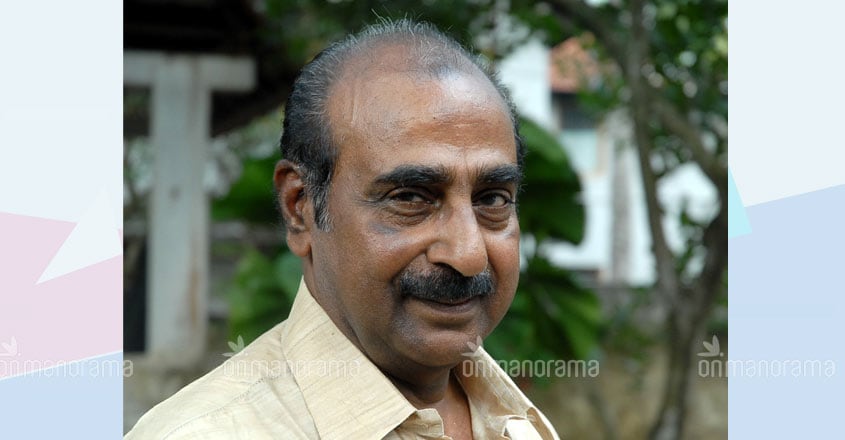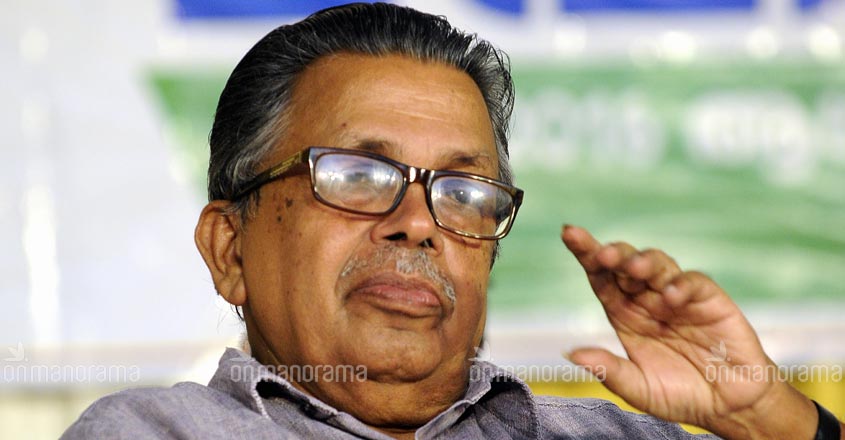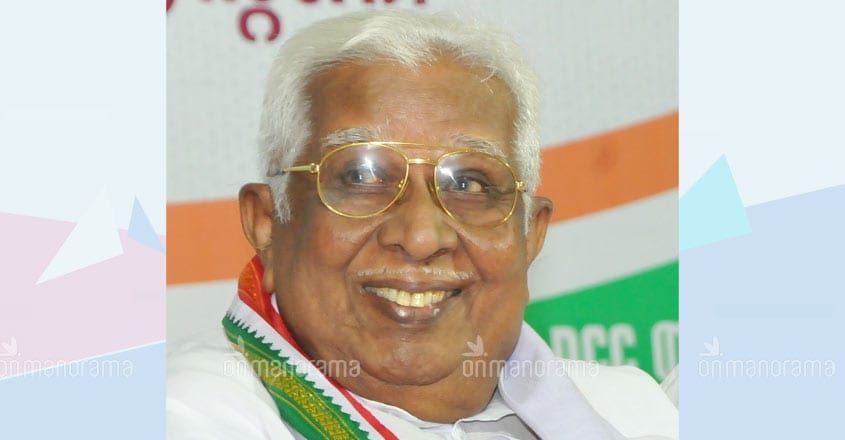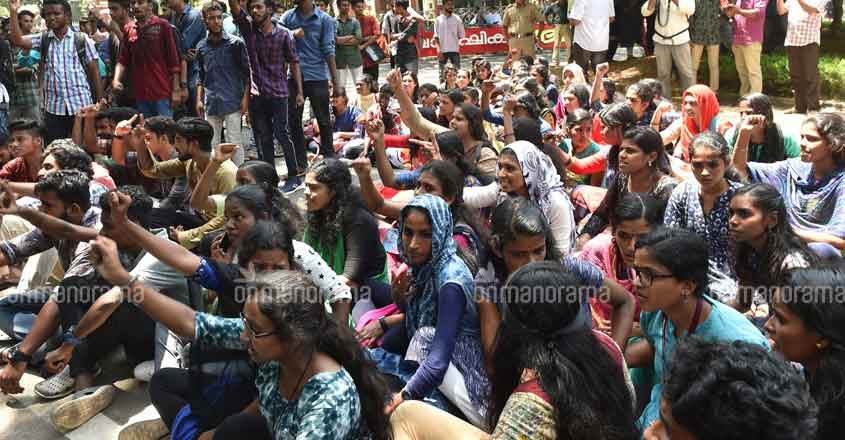Campus violence: Tale of three University College friends

Mail This Article
Political violence is as much part of the heritage of University College as its Victorian architecture.
Sivaranjith and Naseem, the SFI leaders now accused in the stabbing of Akhil, were not the ones who introduced violence into the college. No student union can take the high moral ground either.
Senior Congress leader G Balachandran recalls how he was violently attacked by members of Kerala Students' Federation (the SFI's forerunner) after he became University College's first KSU chairman in 1968.
Prof N Sugathan, the candidate KSF had put up against Balachandran in 1968, has the other side of the story. “I still vividly remember INTUC goons storming into the campus and roughing up KSF members,” Sugathan said. “It was usual for the KSU to import beefy chaps from outside to deal with their opponents inside the campus,” Sugathan said. In short, no students' union can take a moral high ground.

Sugathan, a former principal who later turned a trenchant critic of the CPM's style of functioning, said he was not aware of the violence against Balachandran in 1968. Balachandran, in turn, said that Sugathan was not in the know of such things. “He was a nice person, not the violent kind,” Balachandran said.
Sugathan admitted that he was not in the thick of things. Though he was a KSF candidate, Sugathan said he had no role in the affairs of the Federation. “I came to University College wanting to keep away from politics as much as possible and concentrate fully on studies,” Sugathan said.
Cornered man in ladies' hostel
Balachandran said the attack happened in the days after he was elected the chairman, the post was then called the speaker. “I was walking through the campus with Neelalohithadasan Nadar (the Janata Dal (Secular) leader was then a KSU leader) when people came from behind. We fought back but there were too many of them,” Balachandran said. They were saved when their friends rushed to the spot.
Nadar confirmed the incident. “It was a Saturday. Balachandran was their target,” Nadar said. He attributes two reasons for such an attack. One, a general anger towards the KSU. The student wing of the Congress party had then launched an aggressive statewide agitation against what it termed the custodial death of a student named Murali of Thevara College. The government was headed by E M S Namboodirippad. Two, Balachandran himself. “He had come to University College for post-graduation after establishing KSU's very strong presence in SD College, Alapuzha. His opponents might have wanted his wings clipped,” Nadar said.

Campus violence even then was like the shadow, impossible to shake off. “Later in the evening they laid siege to Balachandran's room in the university hostel,” Nadar said. Balachandran's room was on the second floor but he managed to jump out of the window into the quadrangle below. But the attackers caught up with Balachandran and friends near the University College, just a kilometre away from the hostel.
“After some struggle, they hurled me inside the YWCA (Young Women's Christian Association) hostel that was adjacent to the college. I closed the gates of the YWCA once I found myself inside the ladies hostel. The KSF men then entered the Indian Coffee House nearby and started threatening me from there,” Balachandran said.
Vakkom Purushothaman was then the DCC president. “Once he was informed that Balachandran was stuck inside the YWCA, Vakkom despatched a lorry full of Congress workers to help Balachandran,” Nadar said. Next year, things got worse. “Anti-KSU members seized the ballot boxes kept in the strongroom and destroyed the ballots. That year, results were not declared," Nadar said. Among the anti-KSU members was a prominent KSF face who had contested as arts club secretary: Sukumaran, who later became the celebrated actor.
Presidential debates

Despite the violence, Balachandran said the campus politics during those days had a sense of purpose. The campaign for the college union elections was like the American presidential elections. “The legendary N S Warrier was our principal then. He wanted all candidates to speak before the entire college so that they could choose well,” Balachandran said.
The students were divided into three groups – pre-degree, degree and post-degree. The candidates were asked to speak before all the three groups. “Sugathan had mentioned the Vietnam issue before the first group. The issue seemed to have caught the attention of the students. So when I stood before the second group, I took up the Vietnam issue in detail. This seems to have worked in my favour,” Balachandran said. He won by over 100 votes.
Enduring bond
Nadar said then there were only progressives in the campus. “The question was who was the more progressive,” he said. But even then, Nadar said violence was a reality. Sugathan admits but said there was a difference. “During those days I don't think there were attempts as we see now to wipe out all opposition from the campus,” Sugathan said.
He said there was a warm camaraderie outside the confines of politics. “Though we fought each other politically, Balachandran and myself used to go together for all the debates and elocution competitions held in colleges across the state,” Sugathan said.

Balachandran is with the Congress. Nadar crossed over to the Left. Sugathan still holds Leftist ideals close but is constantly at war with the CPM.
They exist in vastly divergent poles but are still in touch with each other. The warmth persists.


